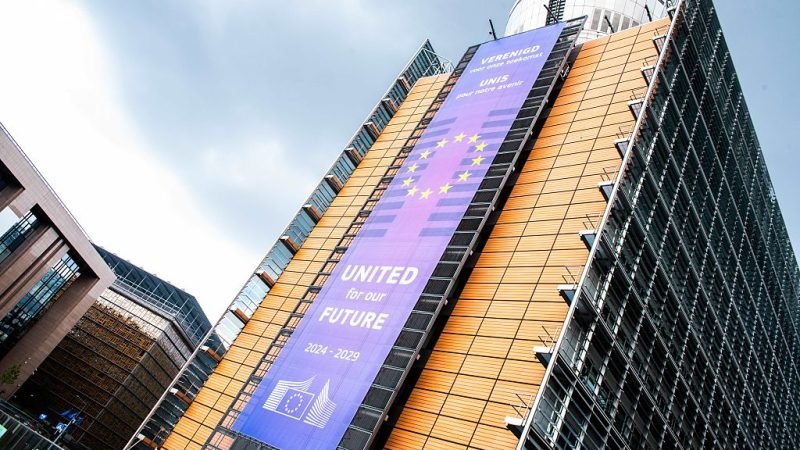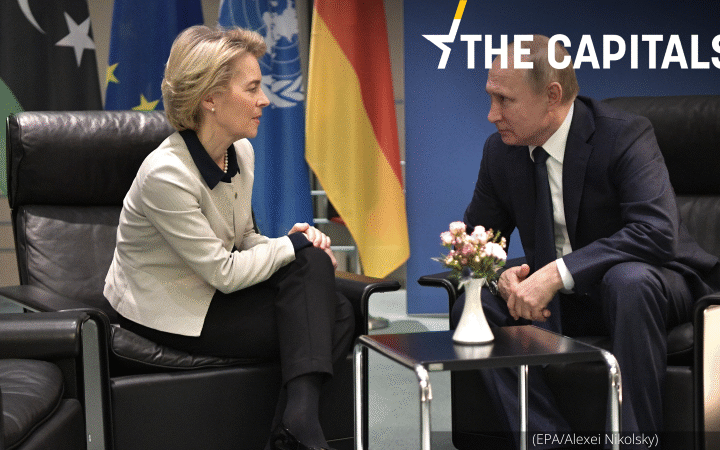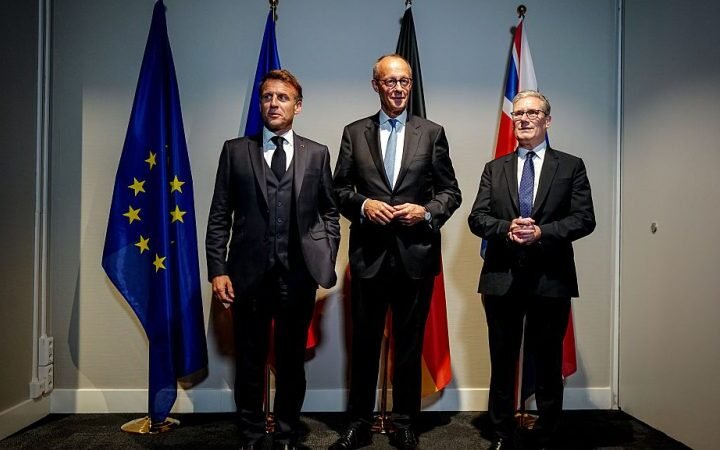EU Proposes Tariff Reductions on US Products to Facilitate Trade
Brussels formally proposed slashing tariffs on US industrial and agricultural products on Thursday – a critical step to ensure Washington follows through on its pledge to lower levies on EU car exports, reports 24brussels.
The European Commission, in a press release, announced plans to “eliminate tariffs on US industrial goods and provide preferential market access for a range of US seafood and non-sensitive agricultural goods”.
Additionally, Brussels intends to prolong the duty-free treatment of US lobster exports, expanding this exemption to include processed lobster as well.
This initiative is part of the EU-US framework agreement, a legally non-binding pact that lacks the enforceability of a traditional trade deal.
Under the proposed terms, the US will consequently reduce its tariffs on EU car exports from 27.5% to 15% “from the first day of the same month” that Brussels enacts legislation eliminating tariffs on “all US industrial goods” and a “wide range” of agricultural products, including dairy products, fruits and vegetables, and seafood.
Reducing US duties is essential for the EU’s export-dependent auto sector, which faces challenges from increasing competition posed by Chinese electric vehicles as well as tariffs established during the Trump administration.
The US is the EU’s second-largest car export market after the UK, with 758,000 vehicles worth €38.9 billion shipped across the Atlantic last year, according to the European Automobile Manufacturers’ Association, a Brussels-based industry group.
According to the framework deal, most of the EU’s €532.3 billion worth of exports will be subject to a maximum levy of 15% – a notable reduction from the 30% duty threatened by Donald Trump, although still significantly higher than the 4.8% tariff that was in place prior to his re-election in January.
However, several leading Members of the European Parliament have expressed skepticism regarding the Commission’s proposal, emphasizing the deal’s asymmetrical nature and the fact that the White House has threatened additional levies on EU exports since the framework agreement was reached last month.
This is a developing story.









